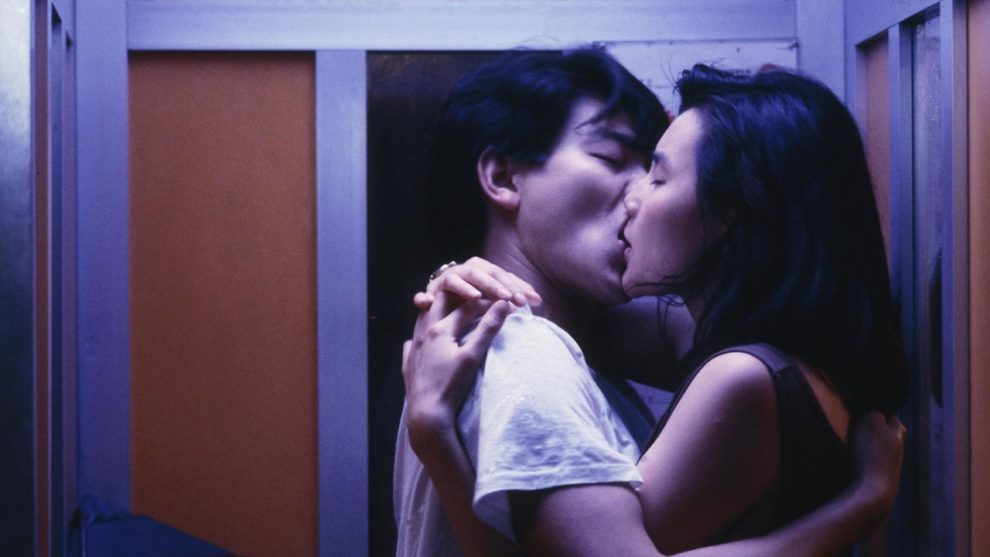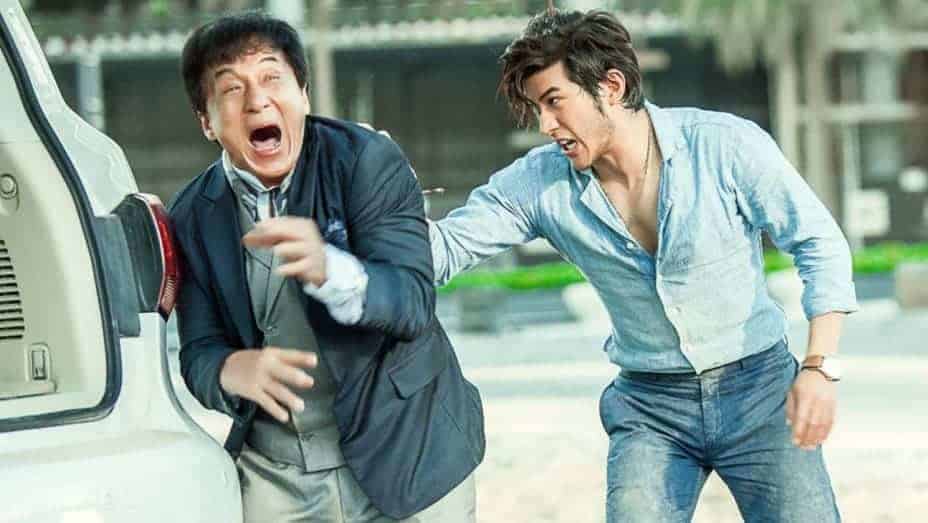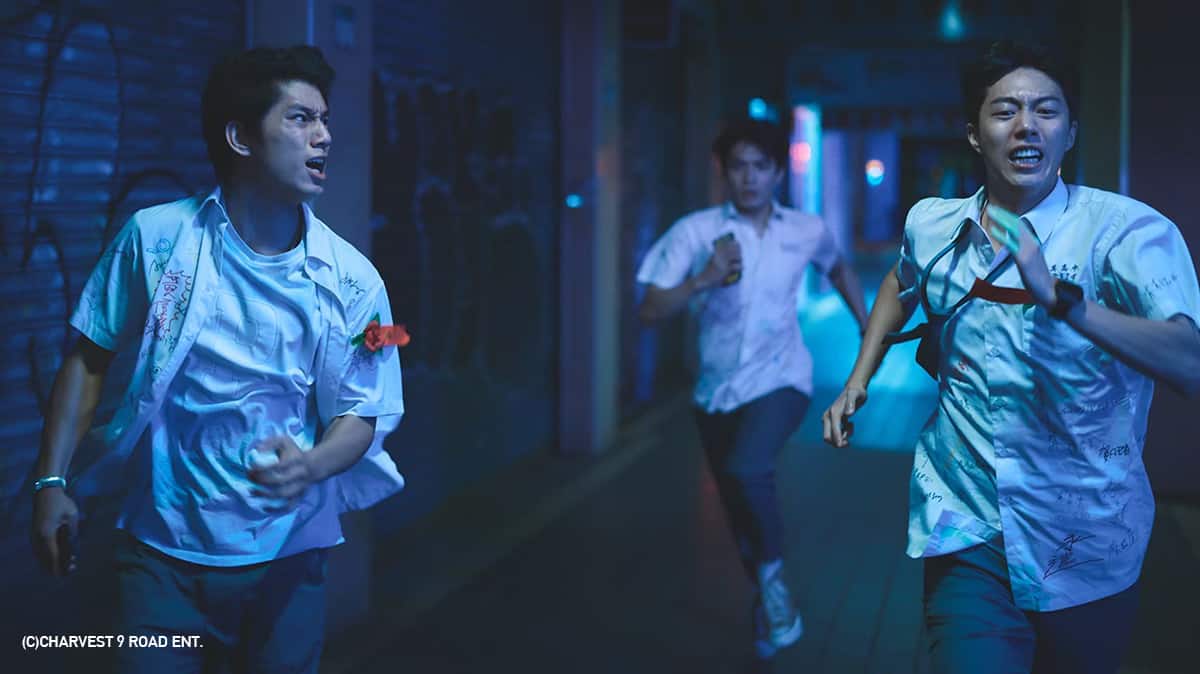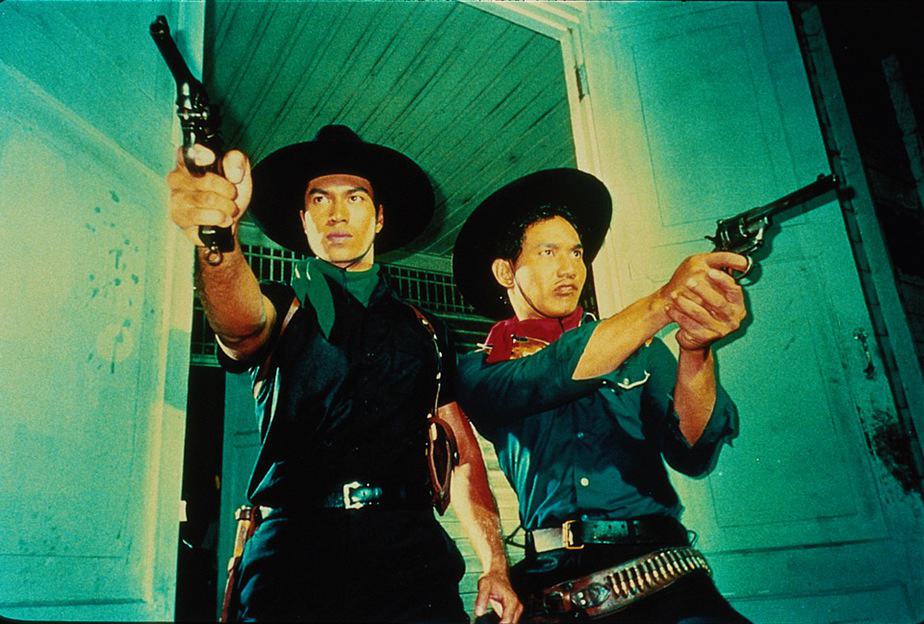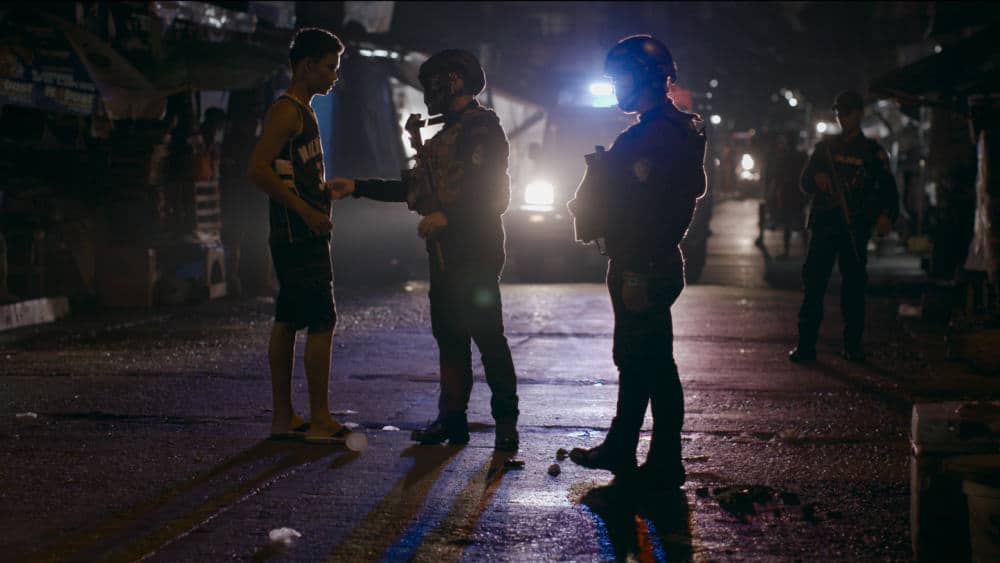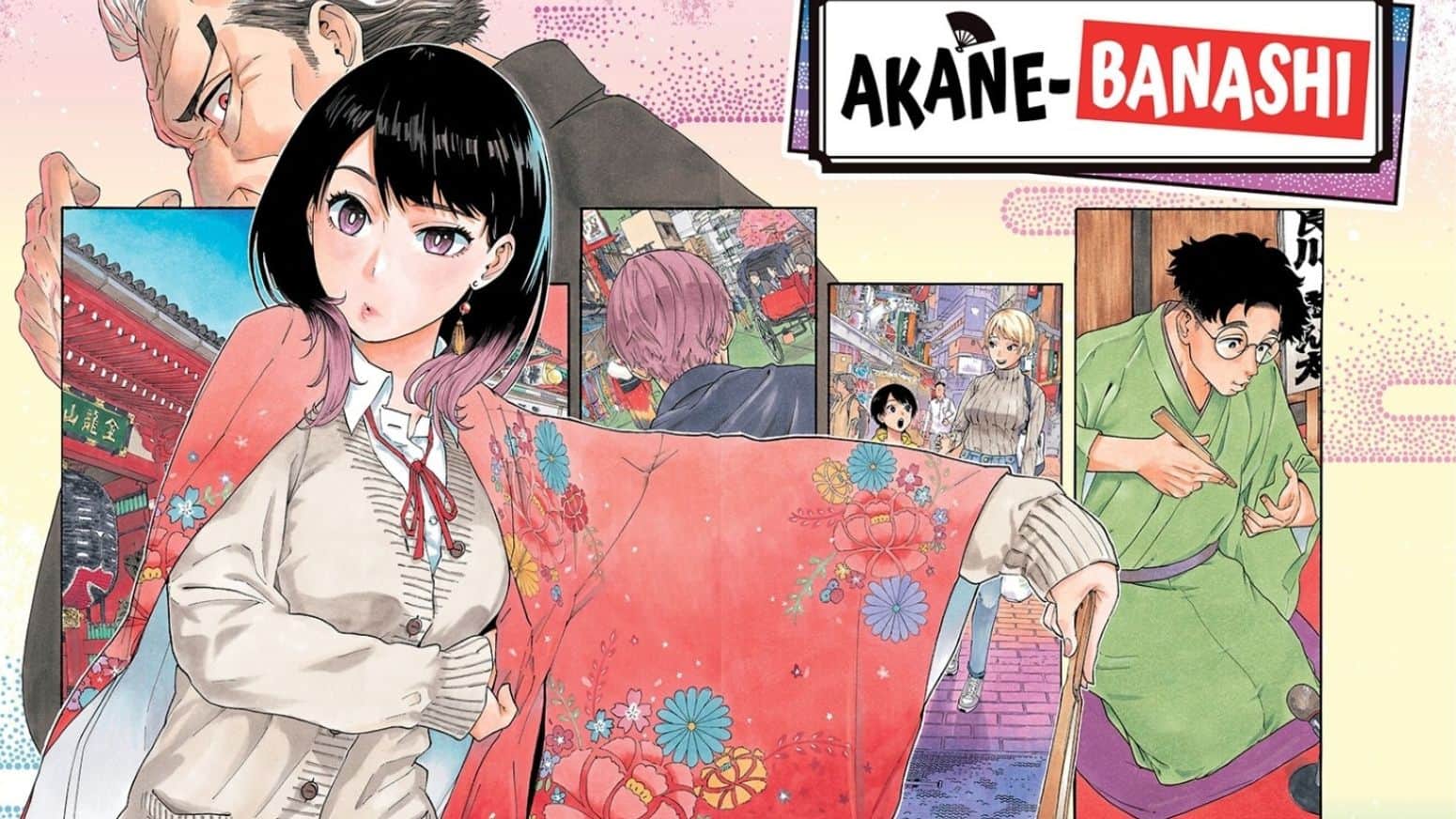When it comes to Hong Kong cinema, there is very little question about the international significance of the works, which, besides being artistic accomplishment, made worldwide audiences notice the level of quality within the cinematic landscape of the director's home country. Starting with one of his first directorial efforts, the 1988 action-drama “As Tears Go By”, you notice the way the filmmaker weaved together a story of two brothers, about betrayal, loyalty and growing up, while also maintaining a unique audiovisual approach, influenced by the works of film noir as well as the diversity of Hong Kong and its citizens. The movie proved to be a formidable commercial success too, and remained Wong Kar-wai's most lucrative feature until it was overtaken by “The Grandmaster”.
“As Tears Go By” Will Screen at Five Flavours Asian Film Festival
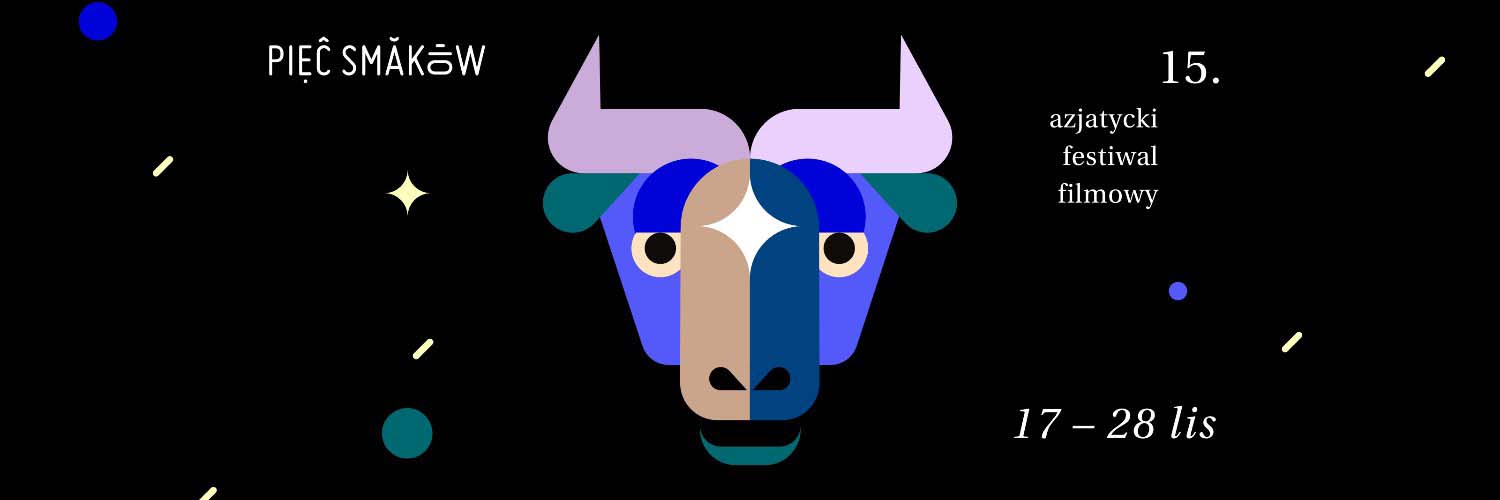
In the streets of Hong Kong, two brothers, Wah (Andy Lau) and Fly (Jacky Cheung), try to make a living working for the mob. While Wah has earned the trust of his superiors, mainly collecting debts, Fly can be a loose cannon sometimes, picking fights and losing his temper, so that only his brother can calm him down. However, Wah's relaxed routine is disturbed when his cousin Ngor (Maggie Cheung) visits for a doctor's appointment, and while the two do not exactly get along at first, Wah finds himself enjoying the company of the quiet woman. At the same time, Fly is in trouble again after failing to pay back a large sum of money he lost playing snooker, and even though his brother can calm down Tony (Alex Man), a fellow gang member, there is still a lot of bad blood between Fly and the rest of the gang.
Despite doing his best to settle things between Fly, Tony and the leaders of the gang, the dispute becomes increasingly tense, with Wah's brother frequently provoking the people around him. Meanwhile, Ngor has returned home, but since he has fallen in love with her, Wah follows her to Lantau Island, where she works in the family restaurant. Although she has started seeing someone, the two begin a relationship, with Wah realizing he could possibly start a new life with this girl at his side. But as Fly gets into serious trouble yet again, he feels obliged to help his brother one more time.
In many ways, “As Tears Go By” feels quite close to the brand of HK action made by directors such as John Woo. Considering the environment and the characters of the feature, there is a distinct proximity, but at the same time a certain style which is unique and frequently transcends the action genre. One of the most significant aspects is how Wong Kar-wai portrays people torn between two lives, which will develop into one of his most prominent themes throughout works like “Chungking Express” or “Fallen Angels”. Wah, Fly and Ngor are somewhat undefined as people, meaning they have not found their way in life, or simply cannot decide which path to take, which can be observed, for example, in the beginning that might give the impression Andy Leung's character is more of a slacker, staying in bed all day and not answering calls. To go even further, the decision to be a gangster, a brother or start a serious relationship, defines his character's conflict, and eventually his fatal dilemma.

Additionally, Wong Kar-wai's directing, supported by Andrew Lau's cinematography, highlights the idea of these characters without purpose, while also filled with the longing for something to come up in their lives. Hong Kong, with its maze-like structure and noir-ish atmosphere, seems the precise representation of that lack of orientation, especially for Wah and Fly, who have both lost their way somewhat. While romanticizing their indecision, their talk about love and becoming a gangster, “As Tears Go By” also shows the eventual conclusions of these dreams, again emphasized by the noir-elements of the feature.
In the end, “As Tears Go By” is a blend of action and drama. Already with his first directorial effort, Wong Kar-wai proved his predilection for the character of the outsider, those that do not belong, and his keen eye for the urban landscape which he would go on to perfect and explore even further in his other works.


